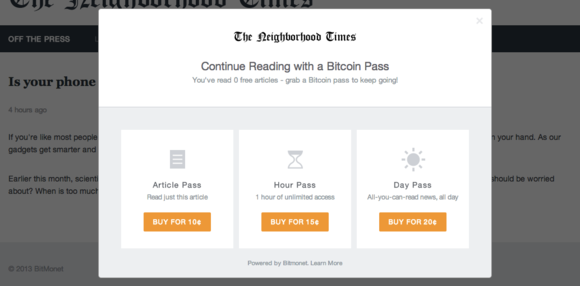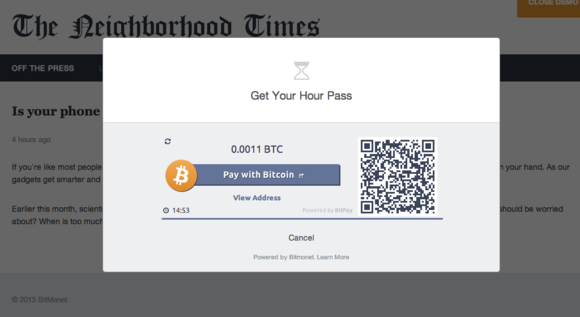On August 20, Spitzer sold a Bitcoin on Mt. Gox, the world’s best-known Bitcoin exchange, and immediately tried to move the money to his U.S. bank account. Twenty-one days later, he’s still waiting for the cash to appear. “It’s taking an extraordinary amount of time,” he says.
Earlier this year, after the feds seized its U.S. bank accounts — and $5 million in cash — Mt. Gox temporarily suspended transfers to the U.S. At the time, the company said, it was halting transfers in order to pull off a technology upgrade, but as far as U.S. customers like Spitzer are concerned, it hasn’t been much of an upgrade. It’s seriously hampering their ability to use the Bitcoin system.
Like other Bitcoin exchanges, Mt. Gox is havi
 ng a hard time with U.S. banks because there are big
questions about whether it meets federal and state money transmission
business regulations (the company did not respond to messages seeking
comment). But there’s another operation that runs both a marketplace
where Bitcoins are bought and sold and a fully compliant
money-transmitting business that, observers say, could rescue Bitcoin
from its biggest problem.
ng a hard time with U.S. banks because there are big
questions about whether it meets federal and state money transmission
business regulations (the company did not respond to messages seeking
comment). But there’s another operation that runs both a marketplace
where Bitcoins are bought and sold and a fully compliant
money-transmitting business that, observers say, could rescue Bitcoin
from its biggest problem.That company is eBay, and the money transmitter is its well-known subsidiary, PayPal.
“A licensed money transmitter who gets into the business of doing this is going to have a tremendous leg up on someone who is not a money transmitter because they have an accepted regulatory structure in place,” says Carol Van Cleef, a banking regulations expert and partner and with the Patton Boggs law firm in Washington, D.C.
The question is: Will eBay come to Bitcoin’s rescue? eBay doesn’t allow payments via Bitcoin, and the company does “not have any changes planned to our Accepted Payments Policy,” according to a note sent to WIRED last week by company spokeswoman Kari Ramirez. But you can still buy and sell Bitcoins on eBay’s marketplace and then pay for those transactions in dollars via PayPal — it’s a Bitcoin exchange by default — and eBay is showing some signs that it wants to do more with Bitcoin.
Last week, the company posted a Bitcoin explainer to one of its blogs, and it recently added a new “Virtual Currencies” section to its online marketplace, not too far down the page from “Hobo Nickels.” Hours after we asked eBay about it, the section was removed, and when we asked Ramirez to explain why, she said she’d look into it and then stopped answering our messages.

eBay recently removed this “Virtual Currencies” section from its website.
But there’s a problem, and it’s a big one: Bitcoin transactions are irreversible, but PayPal allows transactions to be reversed — something called a chargeback. That means that unscrupulous buyers could pick up a few Bitcoins on eBay and then claim that they were never delivered, initiating a chargeback that would leave the seller without Bitcoins or any money from PayPal. “You can get defrauded pretty easily selling Bitcoins on eBay,” says Murck.
That’s what happened to James Larisch when he tried to sell $225 worth of Bitcoins on eBay last month. Larisch was left holding the bag after buyers initiated chargebacks after taking his Bitcoins. “I don’t think it’s economically feasible for PayPal or eBay to announce their acceptance of digital currency like Bitcoin until they develop a way to facilitate transfers without risk of widespread fraud,” he says.
That may be a tall order for eBay, but on the other hand, if any company has the fraud-fighting experience to pull this off, they’re the one.
And there’s another good reason for eBay embrace Bitcoin. If someone solves David Spitzer’s problem, making it easy to move money between the Bitcoin world and U.S. bank accounts, PayPal could find itself up against a serious challenger. Embracing Bitcoin would be a “natural evolution” for PayPal, says the financial regulations lawyer Van Cleef. “Otherwise, they could very well find their business model outdated.”


